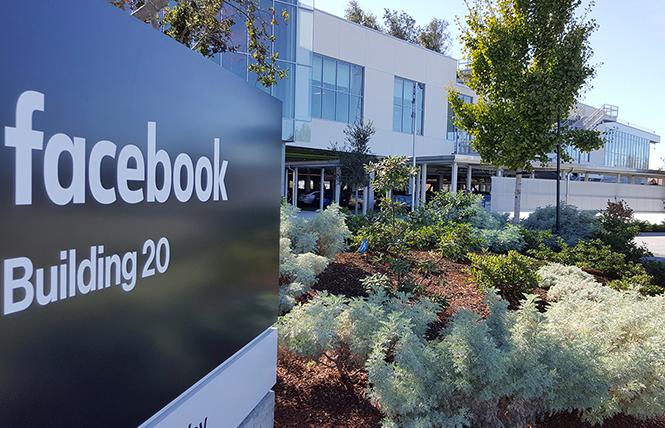
Three virus-related stories.
We can see the light at the end of the tunnel. The coronavirus vaccine is on its way. The bad news is it’s under cyber-attacks aimed at stealing “technology for keeping the vaccines refrigerated in transit or to sabotage the movements [of shipments],” The New York Times reports (Dec. 7).
“Josh Cormay,” the Times writes, “a coronavirus strategist at the cybersecurity agency, said in a statement that the IBM report was a reminder of the need for ‘cybersecurity diligence at each step in the vaccine supply chain.’ He urged organizations ‘involved in vaccine storage and transport to harden attack surfaces, particularly in cold storage operation.’ ”
“ ‘There is no intelligence advantage in spying on a refrigerator,’ said James Lewis, who runs the cybersecurity programs at the Center for Strategic and International Studies in Washington. ‘My suspicion is that they are setting up for a ransomware play. But we won’t know how these stolen credentials will be used until after the vaccine distribution begins.’ ”
“No matter who conducted the attacks, [IBM Security X-Force] underscores how everything about coronavirus vaccines — how to make them, test them and move them — has become vital information around the globe.”
While the advent of technology has made our lives easier to navigate and manage, it clearly comes with a downside. Sophisticated hacking groups are disrupting our lives more than ever. Hospitals, government offices and corporations have all been victims after being locked out of their data and held for ransom.
Vigilance and surveillance are vitally important as we reach the most critical phase of distribution for a vaccine we have all been waiting for.
Thank You, Mark Zuckerberg! —
I’ve been critical of the Facebook founder and chief honcho in the past. However, he gets kudos from me this time for acting against misinformation surrounding the vaccine.
The social media giant is actively removing misinformation from posts to their website.
“The move goes a step beyond how Facebook had handled misinformation about other kinds of vaccines,” The New York Times reports (Dec. 3). “The company had previously made it more difficult to find vaccine misinformation that was not related to the coronavirus by ‘downranking’ it, essentially making it less visible in people’s news feeds.
“ ‘This is another way that we are applying our policy to remove misinformation about the virus that could lead to imminent physical harm,’ the company said in a blog post. ‘This could include false claims about the safety, efficacy, ingredients or side effects of the vaccines.’ ”
“Facebook has created new products and tools to inform the public about the potential dangers of the virus. Mr. Zuckerberg emailed Dr. Anthony Fauci, the top U.S. infection disease expert, as early as March to offer his help in fighting the virus. Dr. Fauci has since appeared on multiple live-streamed interviews on Facebook with Mr. Zuckerberg.
“Because of the novelty of Covid-19 vaccines, not all false claims may be taken down immediately, Facebook said. The social network said it also plans to continue sending people to its Covid-19 Information Center, which contains verified and up-to-date information about the virus.”
Absent any motivations other than safety, I’m pleased that Facebook creator, Mark Zuckerberg is stepping up from the growing onslaught of misleading and false information, much of it politically motivated.
When we stop looking at facts as partisan and begin to see them as essential, valid information, we will all be a lot safer in the long run.
And finally, The Taming of the Flu —
William Shakespeare was one of the first to receive the Covid-19 vaccine. That’s right, 81-year old Bill Shakespeare, (his real name), was the second citizen in the United Kingdom to get vaccinated.
“The first 800,000 doses of the Pfizer vaccine in the U.K,” CBS News reported, “are going to people older than 80 who are either hospitalized or already have outpatient appointments scheduled, along with nursing home workers.”
To vax… or not to vax. That is the question.
Not for Bill. He’s setting an example for the rest of us. Get the shot!
Comments










